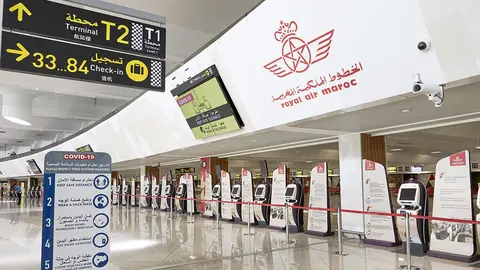Algeria forced to open its airspace to Morocco following historic agreement between CAF and Royal Air Maroc
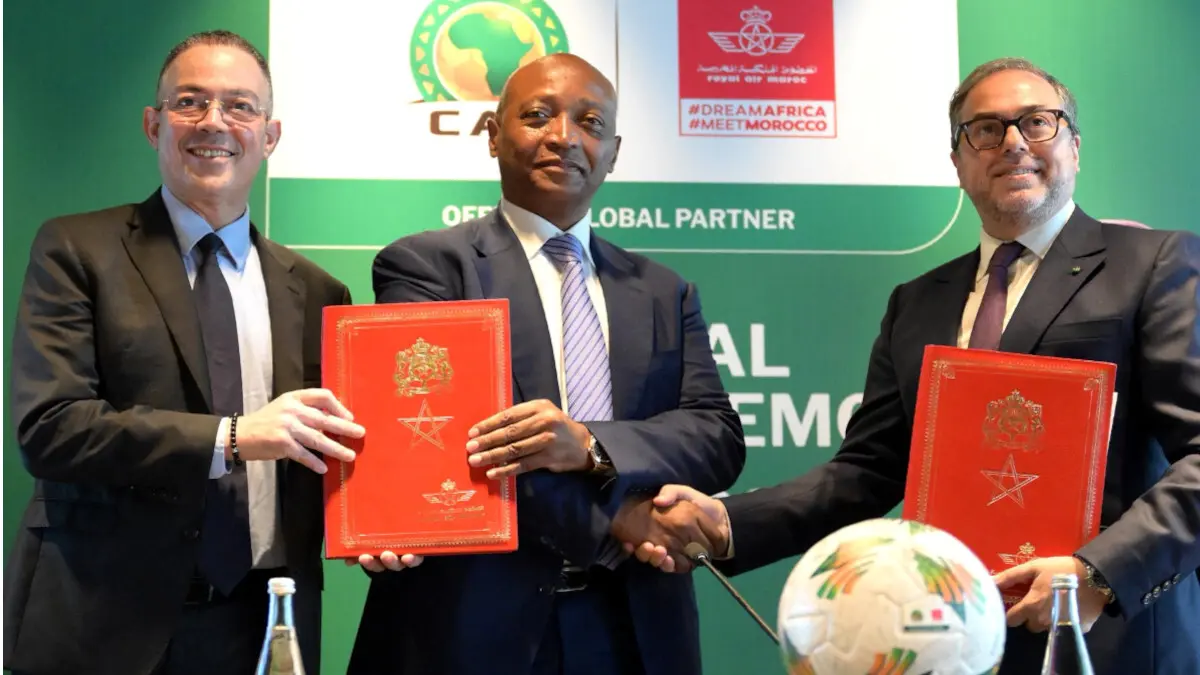
Algeria will have no choice but to allow Royal Air Maroc (RAM) aircraft to pass through its airspace, following the agreement signed between the Confederation of African Football (CAF) and the Moroccan national airline, whereby RAM becomes the official and exclusive carrier for all competitions organised by CAF. The agreement was signed by Fouzi Lekjaa, president of the Royal Moroccan Football Federation; Patrice Mostepe, president of CAF; and Hamid Addou, president of Royal Air Maroc.
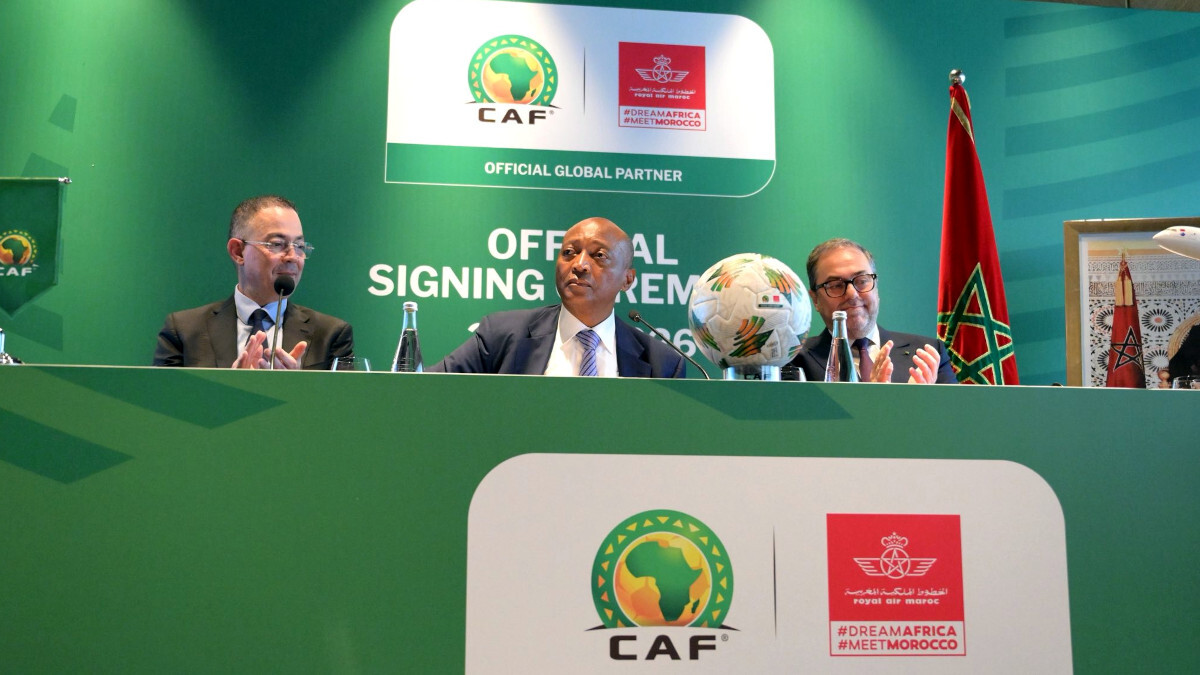
The agreement marks a historic milestone for Royal Air Maroc. From the moment of signing, the airline will be responsible for transporting delegations, players, and fans during CAF tournaments.
This measure would oblige the 54 CAF member countries, including Algeria, to facilitate RAM's air operations. Given that Algeria maintains its airspace closed, failure to comply with this agreement by Algeria could have sporting consequences which, in the worst-case scenario, could lead to the country's expulsion from the tournament. To a lesser extent, Algeria could lose some of its television rights revenue.
Given that Morocco will host both the 2025 African Cup of Nations (CAN) and the 2024 Women's CAN, to be held in July 2025, the agreement signed last Saturday consolidates Royal Air Maroc's presence on the African sporting scene.
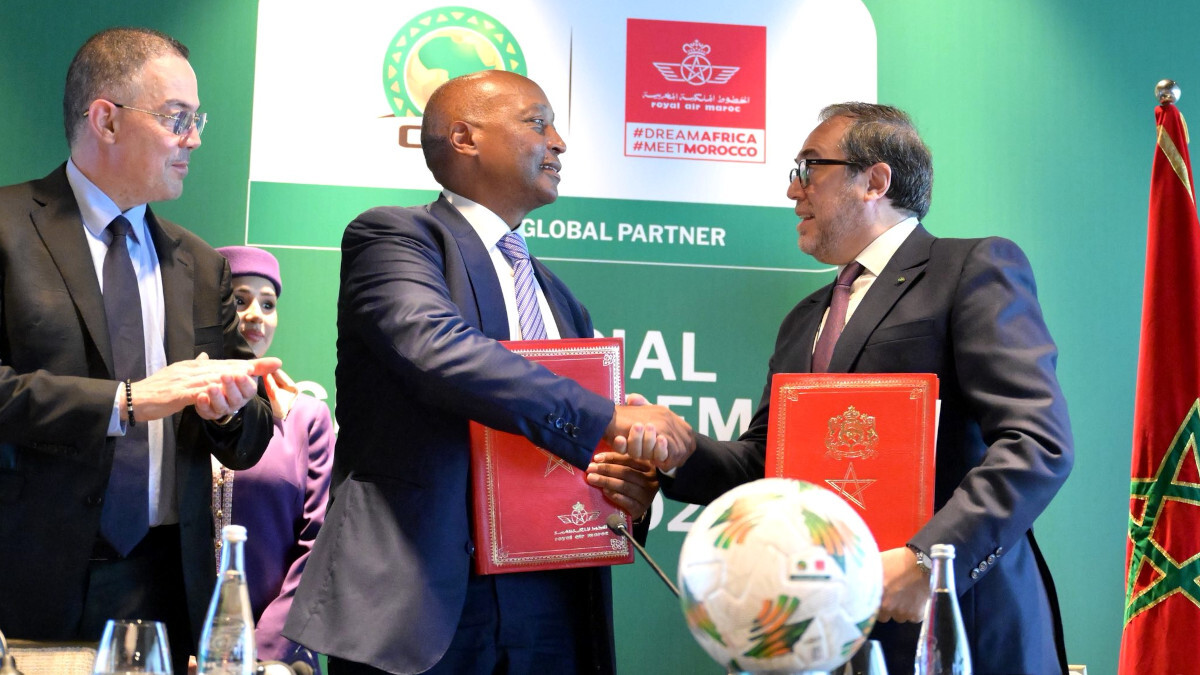
As a result, the airline has announced significant increases in its fleet and a restructuring of its routes to ensure that all fans, regardless of their country of origin, can enjoy the football festival.
During the signing, CAF President Patrice Mostepe was clear: ‘This agreement is a historic moment for African football.’ During the press conference that followed, Mostepe pointed out that this project will help to better connect the 54 member countries and will mean that the next edition of the CAN will break all records in terms of attendance and quality of organisation.
The CAF president then thanked Morocco for its great progress in recent years, highlighting the construction of the Hassan II Stadium in Casablanca, which will become one of only five stadiums in the world with a capacity of over 100,000, with 115,000 seats.
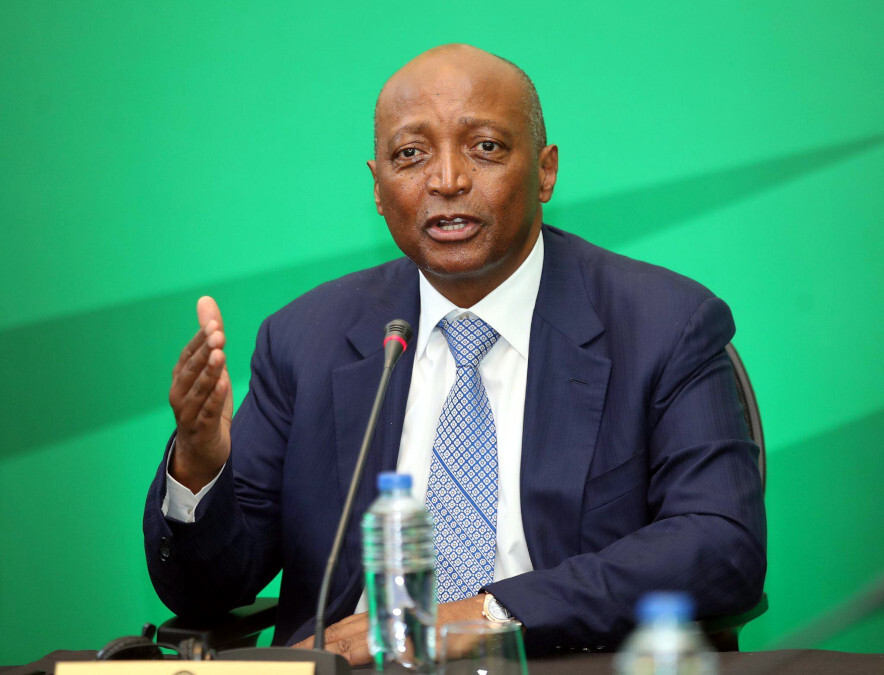
However, Mostepe stressed that, for him and the organisation he presides over, football is the perfect tool for integration, as it implicitly helps to improve diplomatic relations.
This can be seen from two different points of view: relations improve because both countries have common interests, or they serve as a first step towards better understanding. In this case, Algeria will have to put sport above its political differences if it wants to continue to be part of the African football ecosystem.
This speech was applauded by Hamid Addou, president of Royal Air Maroc. For Addou, the agreement reaffirms RAM's commitment to the development of the African continent. ‘The alliance with CAF not only has commercial value, but is part of a broader vision, supported by King Mohammed VI, which seeks to strengthen ties between African countries through cooperation and mobility,’ said the company's CEO.

Addou also announced a series of measures that will apply to fans wishing to travel to Morocco to support their country. These include reduced fares, direct connections to the continent's main cities and easier accommodation in Morocco for fans living abroad. These measures will also affect African communities living in Europe, America, and the Middle East.
According to the RAM president, this package of measures aims to make African football an accessible, inclusive, and logistically viable sport, regardless of the country of residence.
The Algerian case highlights how sport transcends diplomatic barriers and has the capacity to generate unexpected repercussions in conflicts where there is no intention of moving forward.

